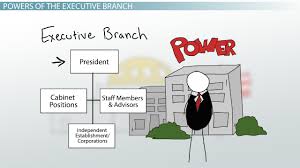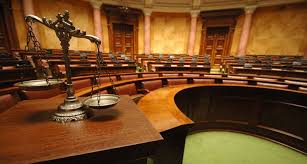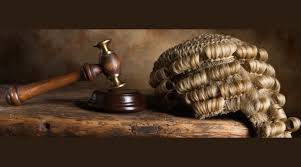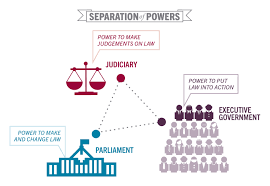The three powers , independent and cohesive, are categories of the political powers present in a country’s democracy.
Thus, when we think about the policy of a state, in its structure and organization, there are three political powers that guide its actions, they are:
- Executive power
- Legislative power
- Judicial power
Respectively, these powers are intended to: enforce public resolutions, produce laws and judge citizens.
Story
Since ancient times many scholars, thinkers and philosophers have discussed issues about politics and its organization.
However, it was the French philosopher, politician and writer Charles-Louis de Secondat (1689-1755), but known by Montesquieu , who developed, in the 18th century, the “Theory of the Separation of Powers”.
This Theory reported in his work ” The Spirit of the Laws” , presented the division of political powers and their respective fields of action.
It is worth remembering that, before Montesquieu, other great philosophers had already made reference to the importance of this model of state. As a notable example, we have the Greek philosopher Aristotle (384 BC-322 BC) and his work entitled “Politics”.
Since that time, the central objective of the division of powers in the political field was to decentralize power. That’s because he was concentrated in the hands of a small group.
The central idea was to favor a more just, democratic and egalitarian state for all citizens.
The Three Powers and Their Functions
Each category of political power has its field of action, namely:
Executive power

The Executive Branch , as its name implies, is the power for running, monitor and manage the laws of a country.
Within the scope of this power are the Presidency of the Republic, Ministries, Secretariats of the Presidency, Public Administration Bodies and the Public Policy Councils.
Therefore, this scale of power decides and proposes management and inspection action plans for different Programs (social, education, culture, health, infrastructure) in order to guarantee their quality and effectiveness.
It is worth noting that in the municipality, the Executive Branch is represented by the Mayor while at the state level it is represented by the Governor.
Legislative power

The legislative power is the power that establishes the laws of a country. It consists of the National Congress, that is, the Chamber of Deputies, the Senate, Parliaments, Assemblies, whose central task is to propose laws designed to guide the life of the country and its citizens.
The Legislative Power, in addition to playing the role of drafting the laws that will govern society, also oversees the Executive Power.
Judicial power

The Judiciary operates in the field of law enforcement. It is the Power responsible for judging the causes according to the constitution of the State.
It is composed of judges, prosecutors, judges, ministers, represented by Courts, with emphasis on the Federal Supreme Court – STF.
Essentially, the Judiciary has the function of applying the law, judging and interpreting the facts and conflicts, thus fulfilling the State Constitution.
Curiosities
- The “Theory of the Three Powers” by the Philosopher Montesquieu, influenced the creation of the United States Constitution. With that, the division of the three powers of the political sphere, became the basis of any Contemporary Democratic State.
- The oldest of the three powers is the Judiciary, since in the Greek city of Athens there were courts formed by the people. In addition to having their legislative functions, their main purpose was to judge the causes of Athenian citizens.
- The Brazilian Constitution adopted the Tripartition of Powers – Legislative, Executive and Judiciary – in the 1891 Constitution .
- In Brazil, the Executive and Legislative Power are defined by direct vote, while the Judiciary is directed by ministers appointed by the President of the Republic and approved by the Senate.

